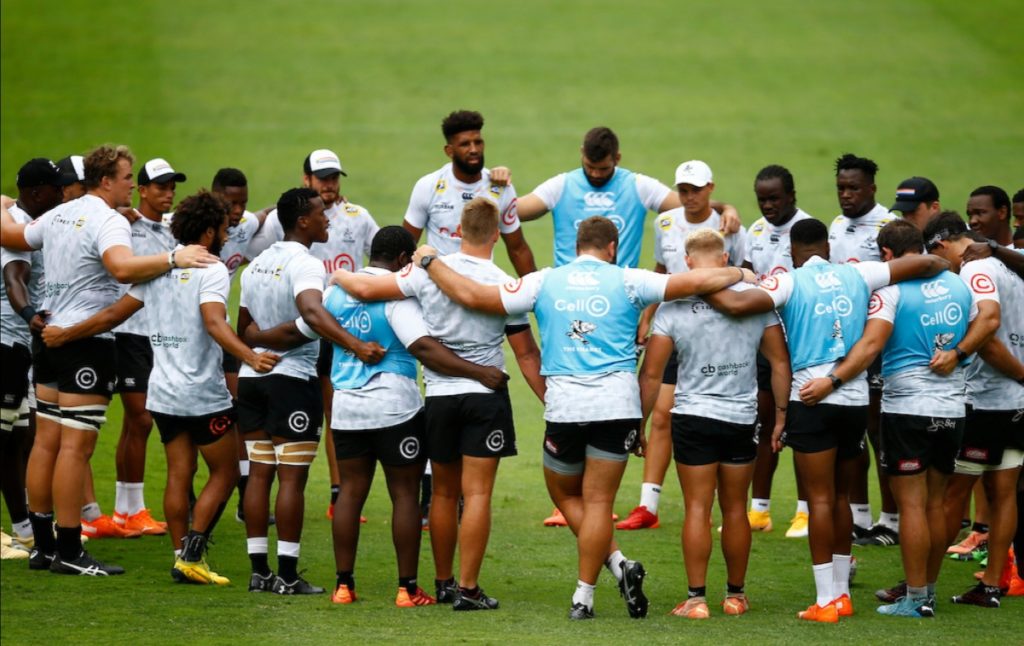South Africa’s franchise coaches face a player management challenge in a hectic 2021 season, writes JEAN DE VILLIERS in the latest SA Rugby magazine.
ALSO READ: What’s in our latest issue?
Every year, more fixtures are added to the professional rugby calendar. And every year, we ask the powers that be to ease the physical and mental workload on the elite players. It’s a well-known fact that too much exposure to the physicality of top-flight rugby can lead to injuries in the long term and even more serious conditions after retirement.
To some players, the six-month break during the Covid-19 lockdown in 2020 may have been a blessing in disguise. By the time rugby was given the green light to return via the Super Rugby Unlocked series in October, everyone was well rested and desperate to play as much rugby as possible.
Over in the English Premiership, the top clubs played two to three games every week in an attempt to make up for the time lost during the Covid-19 break. South Africa tried to play catch up by staging back-to-back domestic tournaments over what would have been the traditional off-season and pre-season.
It was a decent short-term solution, but I wonder if the South African will start to feel the strain in the coming months as the games start to stack up and this season bleeds into the next.
The Super Rugby Unlocked tournament, the Currie Cup and Preparation Series have concluded. The Rainbow Cup – a makeshift regional competition serving as an appetiser for the Pro16 – is scheduled to run from April to June. If everything goes according to plan, the top players will feature in the series against the British & Irish Lions.
Thereafter, the Springboks will compete in the Rugby Championship and possibly a four-Test tour of Europe. A full Pro16 season, including the Bulls, Lions, Sharks and Stormers, will commence shortly after the Lions tour.
In short, the players won’t have much time to rest.
One would hope the coaches have taken all these challenges into account when planning their campaigns. One would hope that we as a nation are taking a proactive rather than a reactive approach. South African rugby has to take steps towards managing our prize assets – the players – and ensuring they are not overplayed and overexposed to serious injuries.
These are unprecedented times and even at this late stage, we don’t know if all these tournaments and series will go ahead as scheduled. The uncertainty is likely to place further strain on the players. Teams that are forced to live and train in bio-bubbles will face significant mental health challenges. Getting the best out of groups in these circumstances will be no easy task.
The franchise that recruits wisely and manages its wider squad will succeed. Indeed, South Africa’s franchises would do well to consider how the Crusaders and Leinster have approached long and challenging campaigns in the past.
The Crusaders have been bold enough to back their younger players, even in the bigger matches. Leinster have also struck a good balance between youth and experience – and have often achieved the short-term objective of winning a match as well as the long-term goal of building depth.
The Bulls struck a good balance in the recent Currie Cup, with Jake White including a healthy mix of rookies and senior Springboks in the playoffs. I wouldn’t be surprised to see more youngsters receiving opportunities in the coming months as the top South African coaches manage their squads across a unique and demanding season.
Photo: Steve Haag/Gallo Images





